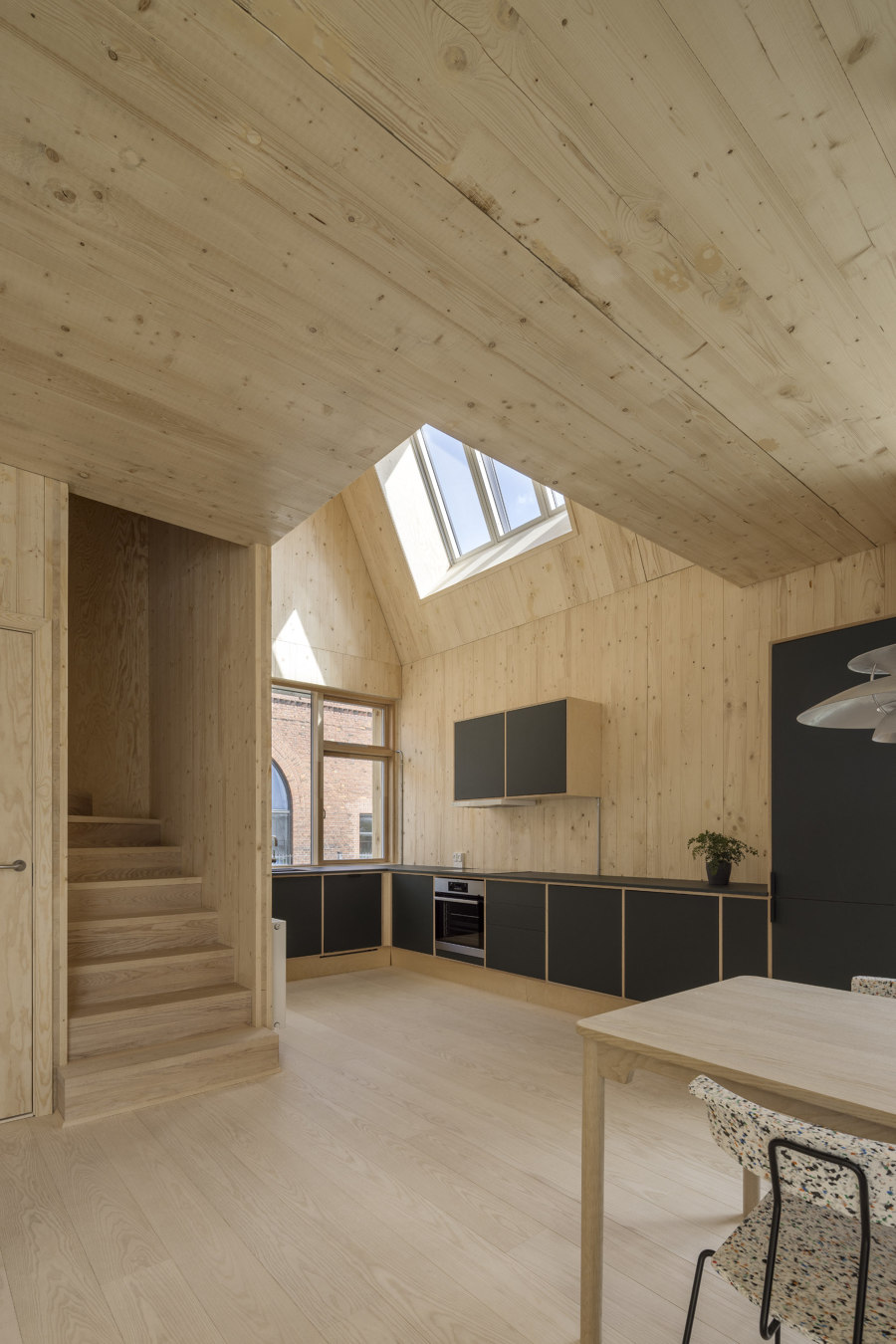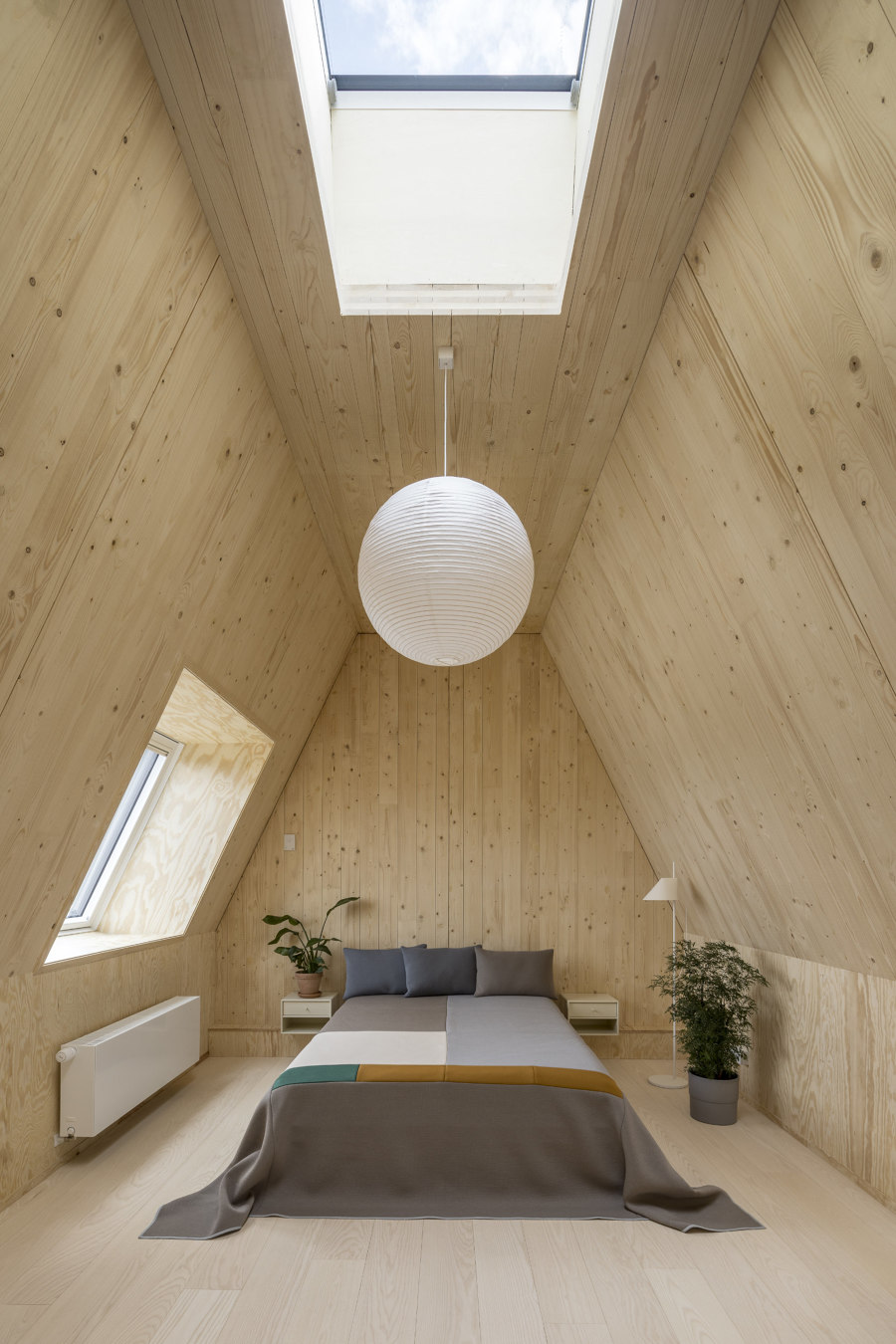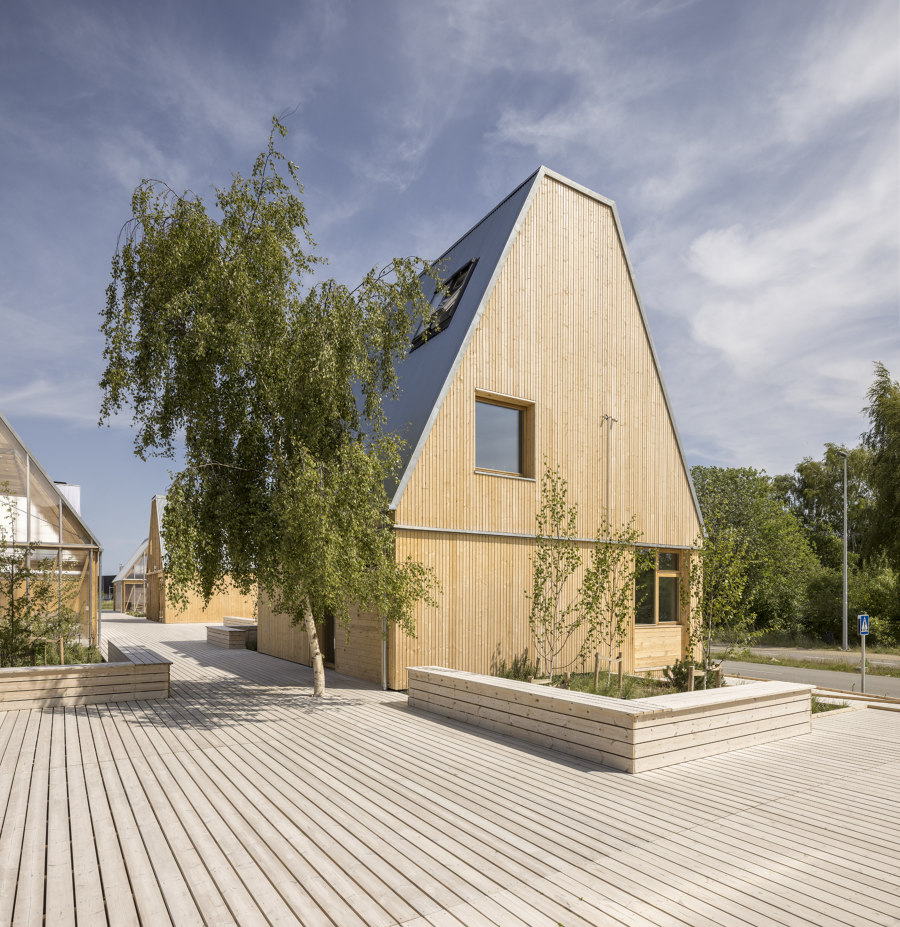No future for business as usual
Storia del Marchio di Sisse Bro
Hørsholm, Danimarca
29.06.23
In Copenhagen, World Capital of Architecture 2023, a visionary and experimental project has been created in the heart of the city, driven by Danish window manufacturer, VELUX.
VELUX's Living Places project has been launched in the newly developing Jernbanebyen district in the south of Copenhagen and is open to visitors 24/7 throughout 2023
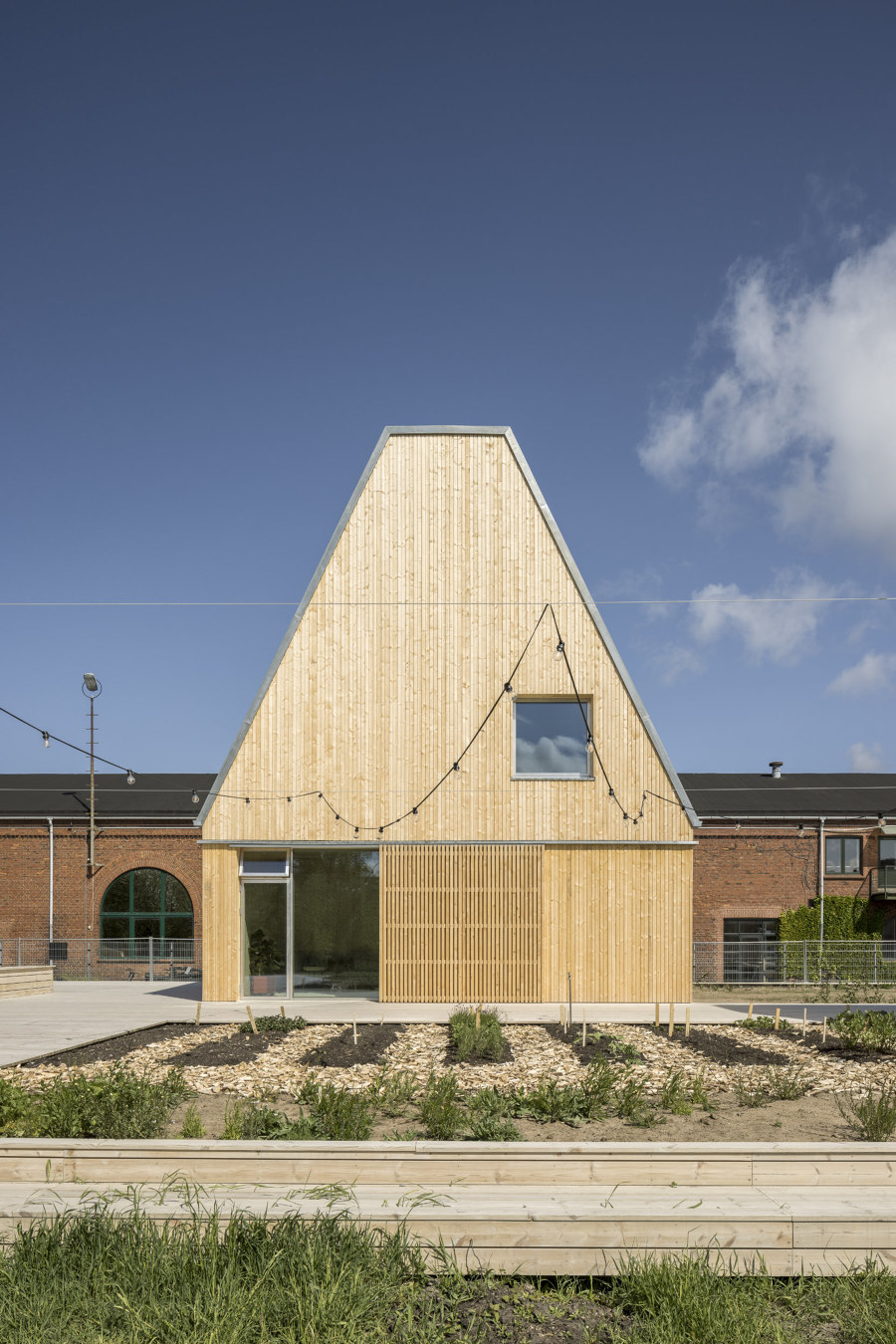
VELUX's Living Places project has been launched in the newly developing Jernbanebyen district in the south of Copenhagen and is open to visitors 24/7 throughout 2023
×The latest report from the UN’s climate panel states that the building industry accounts for 34% of global energy consumption and 37% of global CO2 emissions. As noted in the report: ‘The buildings and construction sector is not on track to achieve decarbonisation by 2050.’ Dramatic numbers and rather depressing news. With this reality in mind, Danish window manufacturer VELUX recently set out to initiate a project to demonstrate that if the industry is willing to change, here and now, it’s possible. Together with their partners, Danish architect studio EFFEKT and engineer consultants Artelia, VELUX has built an experimental housing programme called Living Places which exemplifies and proves that with current building technology and materials, a transition towards healthier and more sustainable living is already within reach.
Two of the seven newly erected prototypes are built as full-scale homes. Each prototype is curated to show the synergy between how we live in homes and communities
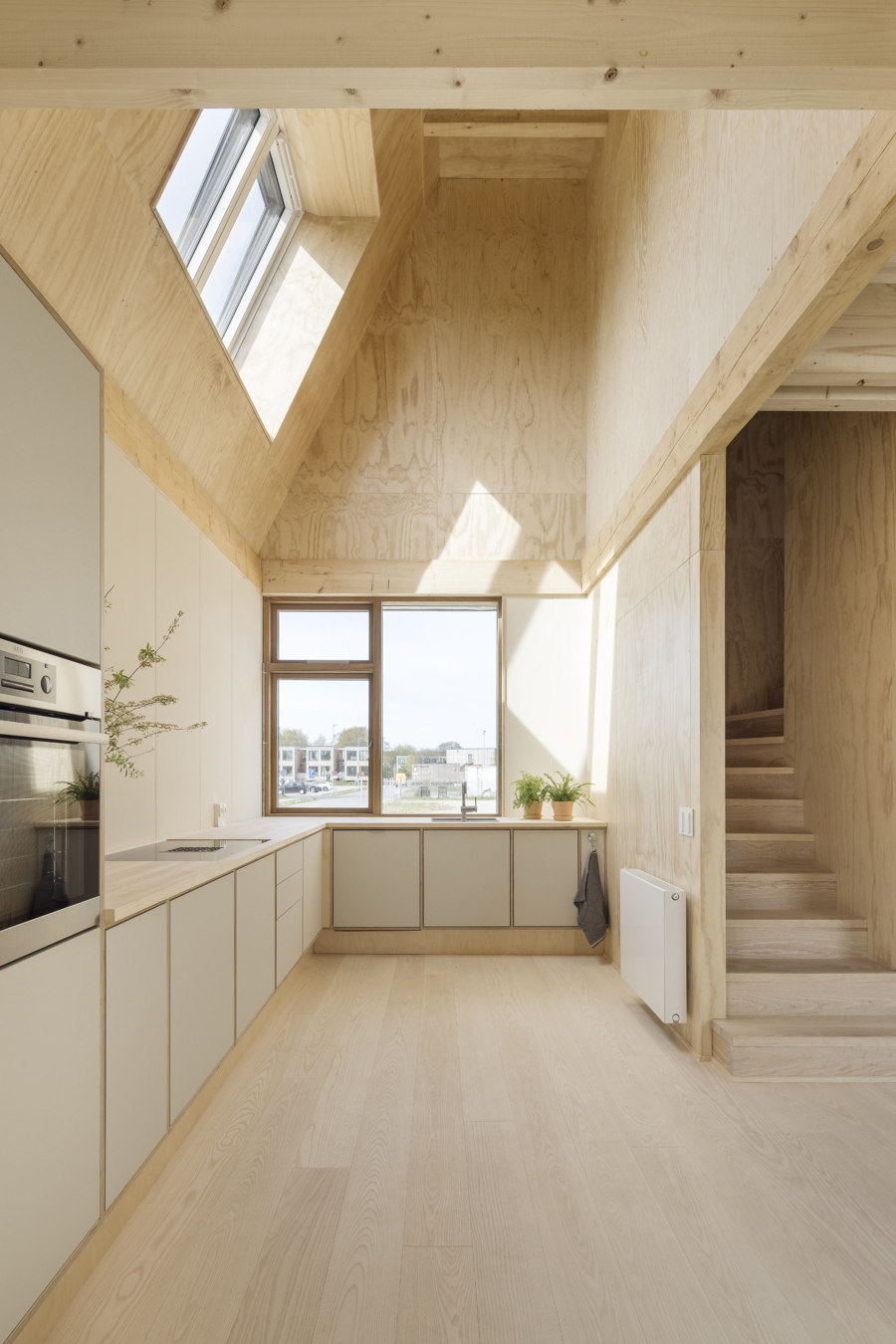
Two of the seven newly erected prototypes are built as full-scale homes. Each prototype is curated to show the synergy between how we live in homes and communities
×A positive impact on society and environment
For almost 80 years, VELUX has been producing roof windows that bring fresh air and daylight into people’s homes and improve the indoor climate. The vision of setting a positive example was already outlined by the founder Villum Kann Rasmussen in 1965 who built a company based on the wish to work with products which benefit society. ‘At the VELUX Group, we believe it’s time to rethink how buildings can help resolve global climate and health challenges through sustainable solutions and practical action,’ says Lone Feifer, sustainable buildings director at VELUX.
‘At the VELUX Group, we believe it’s time to rethink how buildings can help resolve global climate and health challenges’
She continues: ‘Living Places builds on the VELUX legacy grounded in the belief that “a single experiment is worth more than a 1000 expert views” and is an example of the vision set out by our founder to positively lead the way, create value for our customers and make a positive impact on society with the least possible impact on the environment. With Living Places, we took upon this task and challenged ourselves to create, with the use of current technology and materials, a housing typology that is affordable to build at scale, healthy to live in and with an ultra-low carbon footprint. Living Places Copenhagen has a first-class indoor climate and a low CO2 footprint – actually three times lower than an average Danish single-family house.’
By installing roof windows both on the pitched and flat roof, more daylight is led into the rooms, increasing the feeling of well-being and, at the same time, reducing the need for artificial light
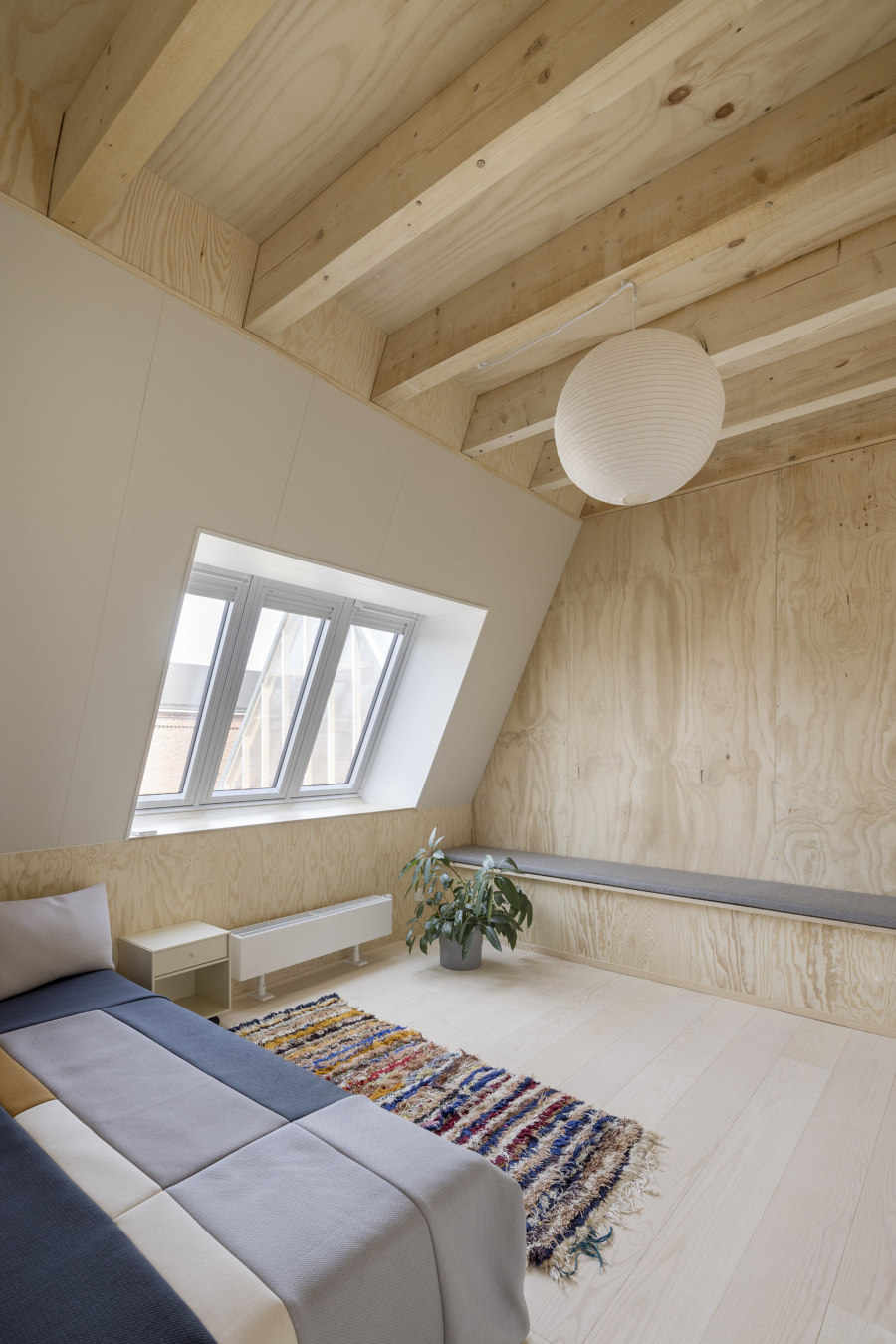
By installing roof windows both on the pitched and flat roof, more daylight is led into the rooms, increasing the feeling of well-being and, at the same time, reducing the need for artificial light
×Rethinking housing
Living Places originates from the simple yet ambitious idea of creating healthy homes for both people and planet. To make this idea tangible, the VELUX Group has developed – in collaboration with EFFEKT – an LCA (Life Cycle Assessment) calculator tool that provides an overview of solutions and their environmental impact. The calculator simulates building performance based on material choices and offers an easy way to understand the implications of each choice quickly. The tool is intended as a process tool for the industry to make quick, informed decisions, thereby ensuring that emissions become a driver for the design process.
Living Places is the result of a three-year-long collaboration to rethink how we build, operate and develop the living places of the future
The Copenhagen-based architecture studio EFFEKT has built up a portfolio of projects that cover a multitude of disciplines and concerns. During the past decade, they have been working on the question of how to find ways of building more liveable, sustainable and affordable homes for the masses. ‘When VELUX asked if we wanted to partner on rethinking housing, it felt like a great opportunity because we believe that partnerships like this are necessary to realise the big changes we need in the industry to ensure a holistic perspective on real-estate development. Living Places is the result of a three-year-long collaboration to rethink how we build, operate and develop the living places of the future from a social, environmental and financial perspective’, says architect and partner at EFFEKT, Sinus Lynge.
Living Places also translates the need for community living by underlining the idea that sharing is not a new fad but an age-old practice that creates better living environments for both people and the planet
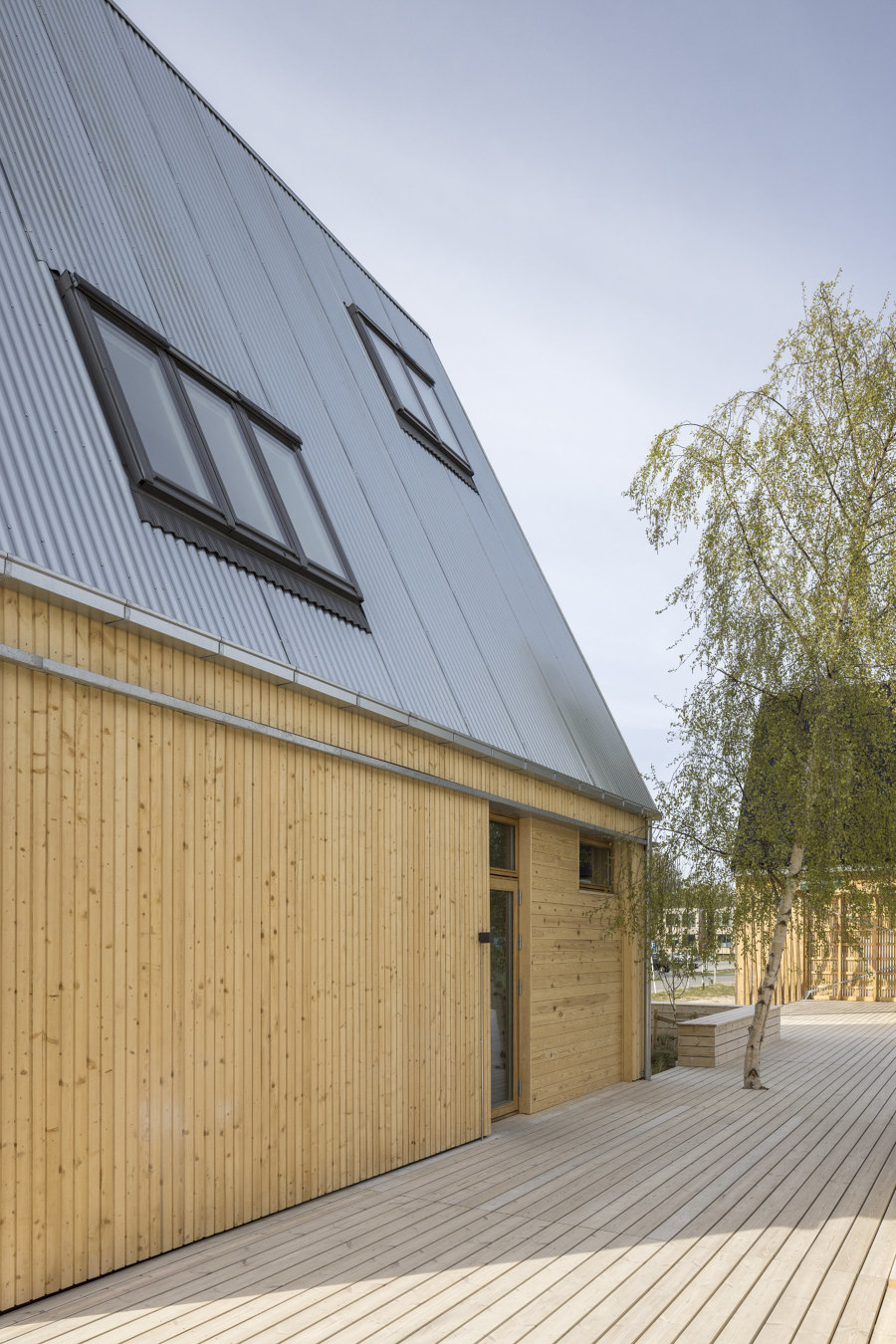
Living Places also translates the need for community living by underlining the idea that sharing is not a new fad but an age-old practice that creates better living environments for both people and the planet
×Accelerating the green transition
Living Places is like a living lab, a site envisioned to offer inspiration and solutions to key players in the building industry, not to mention politicians and legislators. ‘We wish to accelerate the green transition and quality of life in the way we build today by showcasing already available practices and technologies that make this possible to those that have a say on how we design buildings. This stretches from politicians and public servants, investors, architects, engineers, contractors and beyond,’ says Feifer. ‘As buildings are built up of systems, such a transition will require all actors to play their role and we therefore welcome all parties within the industry to come, explore and delve into the learnings of this experiment and help foster the new ideas that will drive this transition even further.’
Living Places demonstrates how it is economically feasible for the average European citizen to live in a healthy, sustainable, safe and cost-effective home without negatively impacting the environment
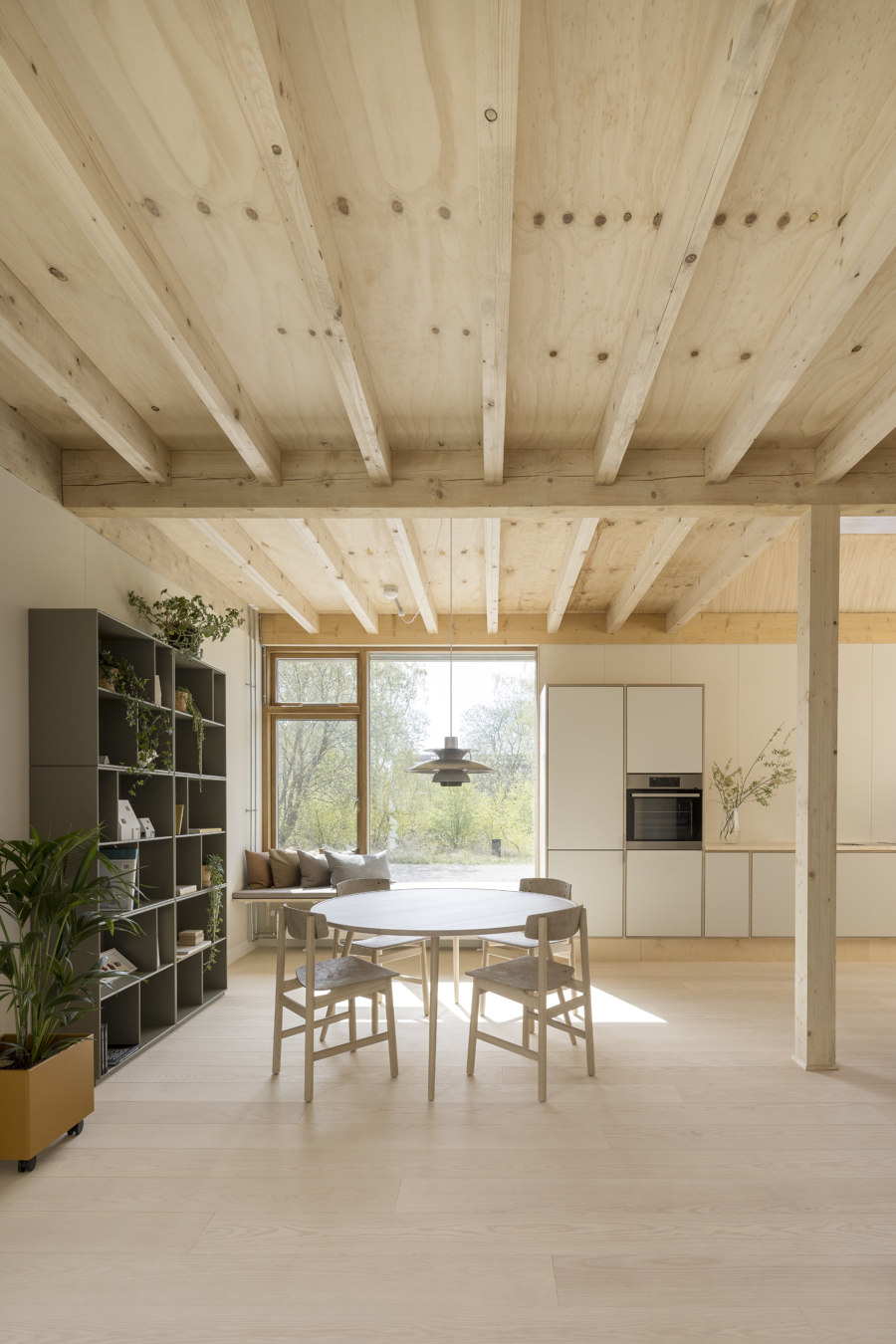
Living Places demonstrates how it is economically feasible for the average European citizen to live in a healthy, sustainable, safe and cost-effective home without negatively impacting the environment
×Architect Lynge crucially adds: ‘We all need to change the way we work, design and develop our built environment; we need to set common goals and work with CO2 as a new budget which has been invisible for the industry until now. We have 10 years to shift to regenerative industry practices and to get within planetary boundaries. In other words, there is no future for business as usual.’
© Architonic
Head to the Architonic Magazine for more insights on the latest products, trends and practices in architecture and design.


